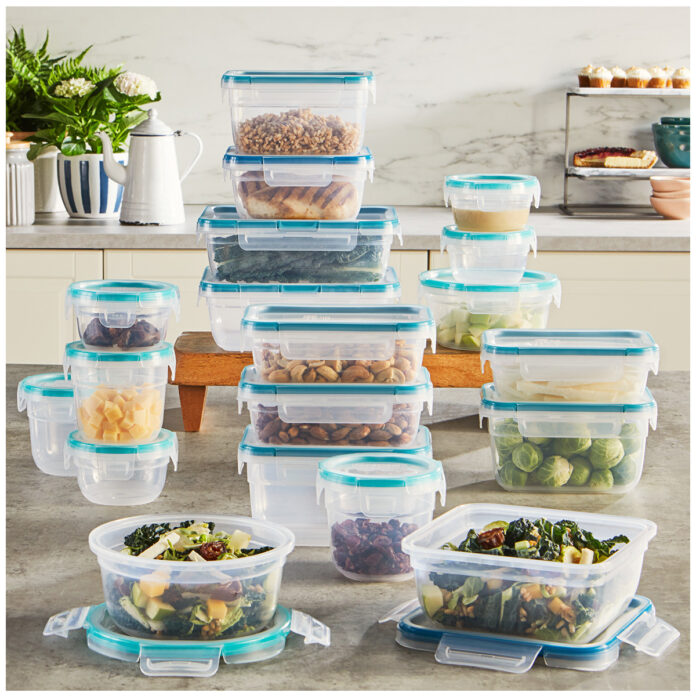Our mothers adore their plastic dibbas (boxes). If you lose even one of them, no one will be able to save you from their vengeance. But, as much as they adore them, is the food stored in these plastic containers indeed safe to eat?
The safety of storing food in plastic containers, according to Dr Praveen Jha, gastroenterologist at Lucknow’s Regency Superspeciality Hospital, depends on the type of plastic and its intended purpose. “Some plastics may release harmful chemicals when they come into contact with food, especially if they are heated or used for acidic or fatty foods,” he says.
What is the composition of plastic food containers?
PETE, or polyethylene terephthalate, is a prominent form of plastic used in plastic containers. It is typically deemed acceptable for single-use applications but not appropriate for repeated use or heating.
Before using plastic, Dr. Jha advises checking to see if it is labelled as food-safe.
Which kind of plastic should be avoided? What are their options?
While storing food in plastic containers is widespread, the main disadvantage is that contaminants from the plastic seep into the food. As a result, meals that are hot, oily, or acidic should never be stored in plastic containers since they facilitate chemical migration.
According to Dr. Jha, you should avoid using plastic containers that are old, scratched, or damaged since they may leach toxins into food.
Containers made of glass, stainless steel, silicone, beeswax, and bamboo, among others, can be used instead to store food because they are all constructed of non-toxic materials that are optimal for food preservation.
What are some pointers to remember when storing food in plastic containers?
– Seek out plastic containers that are labelled “food-grade” or “BPA-free.” Bisphenol A (BPA) is a chemical that has been connected to health problems.
– Avoid microwaving plastic containers since heat might hasten chemical release from plastic.
– Look for cracks, scratches, or warping in plastic containers. Damaged containers are more prone to chemical leaching and should be replaced.
– Follow manufacturer directions because different plastic containers have varied safety rules, such as temperature limitations and dishwasher compatibility.
– For short-term storage, such as leftovers that will be consumed within a day or two, use plastic containers.












